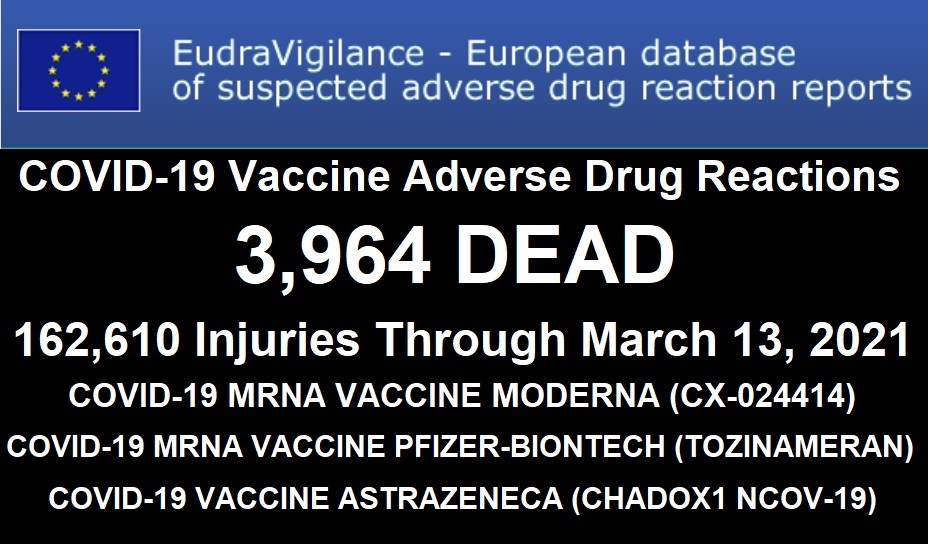Is Pfizer your Pfriend?
This video is nearly a companion video to this book. I just started reading it over the last week. I hope you all have enough sense to realize that big pharma is doing some evil things for greed. This book gives the details of their criminal behavior. It's one thing to know the truth in some vague way, but the details are much more compelling.
@stig the author is a Dane that started his career as a big pharma marketing insider, who decided he had seen enough and did the right thing. There is no fluff in this book. See excerpts from the NIH article below.

www.ncbi.nlm.nih.gov
The thesis of this book attracts attention: medicines are produced by organized crime syndicates. Peter Gøtzsche shows that the official definition of organized crime closely matches the activities of the largest drug companies. He lists each of them and shows that they have all been repeatedly convicted of marketing harmful—often fatal—drugs; substantial fraud; price manipulation; and concealment of evidence. The billions of dollars in fines levied against them for these offenses pale in comparison to the profits they continue to make, so these convictions are merely the cost of doing business.
The drug and medical device companies organize trials in the best populations and comparison groups to demonstrate their point; they control the data, do the analyses in-house, and employ professional writers to write the papers. They then select outcomes that suit their marketing needs and demonstrate the greatest differences, rather than the most important outcomes for patients. Too often, academics are then paid to be listed as authors when they had little input and cannot vouch for the data. Trials with negative results are buried and not published. Physicians who are concerned about marketing hype, and who therefore seek a balanced and valid view of the evidence, are fooled, as all the available data are biased. As Gøtzsche says, “The ‘best’ drugs may simply be those with the most shamelessly biased data.”
The book is comprehensive, with worldwide examples across many categories of drugs of how the pharmaceutical industry operates. It describes the history of the pharmaceutical industry well, and is current, with references from 2013. The comprehensive attack on the largest drug companies is scathing, and it provokes physicians to be more cautious about prescribing. But most important, it shows us that evidence-based medicine and guidelines have been hijacked, as the evidence base has been systematically distorted.
11,
12 Consequently, we must rethink which evidence and which recommendations we should use to help our patients. A helpful start is the Public Citizen approach of not using any new drug until it is 7 years old.
13








 ... oh , and if you want an education into wtf is really going on try researching the Sumerian clay tablets - you know , the actual writings inscribed in clay from those who lived over 6 thousand years ago!
... oh , and if you want an education into wtf is really going on try researching the Sumerian clay tablets - you know , the actual writings inscribed in clay from those who lived over 6 thousand years ago! 